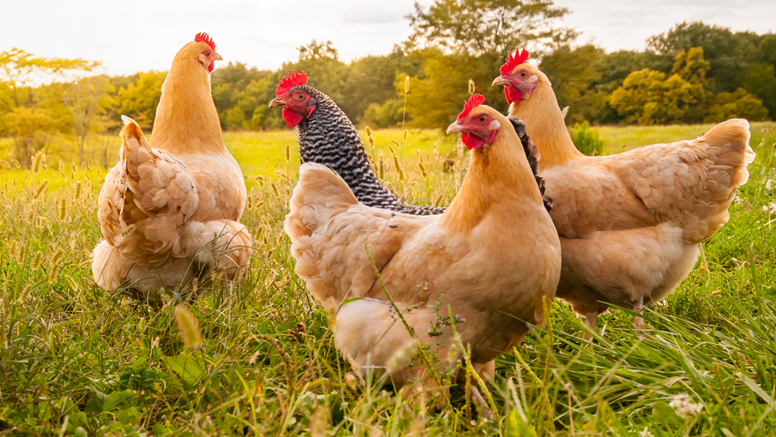Project facts
Project manager

Main applicant
SVA
Start/end
2020 - 2022

A comprehensive assessment of the impact of Campylobacter positive broilers on human infection – from farm to molecular epidemiology
Foto: Nikon Shutterman
The overall aim of
the project is to provide scientific grounds for better surveillance and monitoring
program for campylobacteriosis in Sweden. Campylobacter is the most common cause of bacterial
gastroenteritis in humans and the most notified zoonosis in the European Union.
The incidence of campylobacteriosis has increased in Sweden partly due to
outbreaks traced to domestically produced chicken meat. These infections have
led to substantial economic losses to the society, to the individuals, and to
the industry. In order to decrease the incidence, more knowledge is needed on
the epidemiology of the infection, importance of chicken as a source of
infection, and motivations to achieve a low prevalence in the primary
production. Here, we propose to perform whole genome sequencing on Campylobacter
jejuni isolates from broilers throughout a year to study the genetic
diversity, antimicrobial resistance, the transmission dynamics within and
between farms, and associated factors such as management and season. We will
also genotype a subset of C. jejuni isolates from human cases to assess
the magnitude of impact on public health by broilers, and further perform a
time series analysis to evaluate the temporal association. Lastly, we will
interview broiler farmers, industry representatives, health care professionals
and consumers to gather qualitative information on their experiences regarding the
recent outbreaks as well as suggestions for improvements.